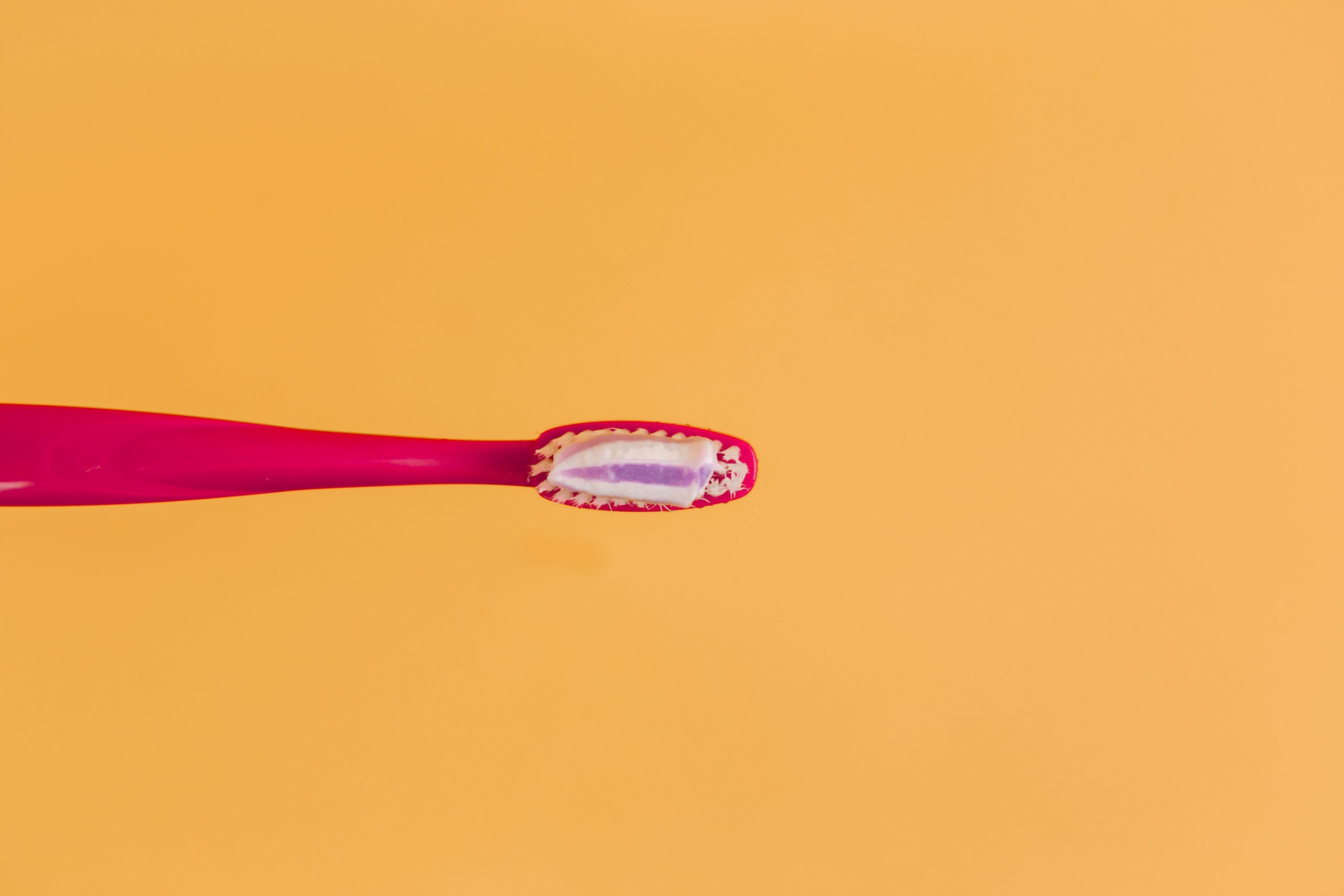
 Oral Health Therapists (OHTs) are dental clinicians qualified in both dental therapy and dental hygiene.
Oral Health Therapists (OHTs) are dental clinicians qualified in both dental therapy and dental hygiene.
Your Oral Health Therapist will be pleased to help you with tooth issues like examination, routine dental treatment, and preventative work. For example, this would include taking X-rays, fillings, fissure sealants and deciduous tooth extractions. They can also help stabilise and maintain gum health in patients of all ages, whether they are currently experiencing gum disease or not.
OHTs play a vital role in oral health protection, working towards improving oral health in patients through education and therapeutic measures. OHTs are responsible for mouth health awareness, prevention, and, where necessary, an early intervention system for oral diseases. OHTs are able to provide full care for patients of all ages. When necessary, they can refer specific cases to general dentists and dental specialists, ensuring optimal care.
For adults, your dentist and OHT complement each other in the services and care they provide. Your dentist will focus on diagnosis and the completion of routine or complex treatment plans, and your Oral Health Therapist will assist in the stabilisation and maintenance of your oral health.
How do a Dentist and Oral Health Therapist work together?
Using two practitioners means you will have an efficient and professional experience at the dentist. They work together to ensure a thorough and gentle dental maintenance appointment. The Dentist will review X-rays and photographs taken by the Oral Health Therapist. They will then examine all teeth and surrounding soft tissues.
The Oral Health Therapist will spend extended time with each patient to create a personalised experience and edify patients on home care routines. Your dentist will check for gingivitis and other oral diseases. After finishing up with a hygiene clean, fluoride treatment (where required) will be applied to your teeth. Lastly, you will sit down with your dentist and discuss any issues you may have, and plan/make an appointment for future maintenance appointments.
If you have any other questions or would like to book an appointment please contact the friendly team at Tooth Dental; we’d love to hear from you!


 What is a Vape?
What is a Vape?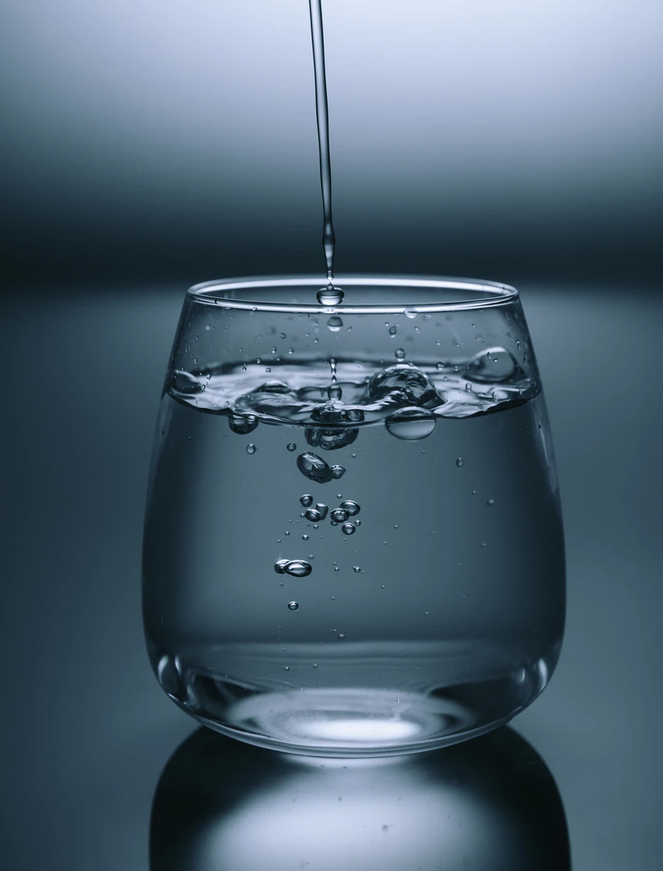
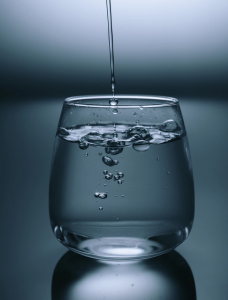
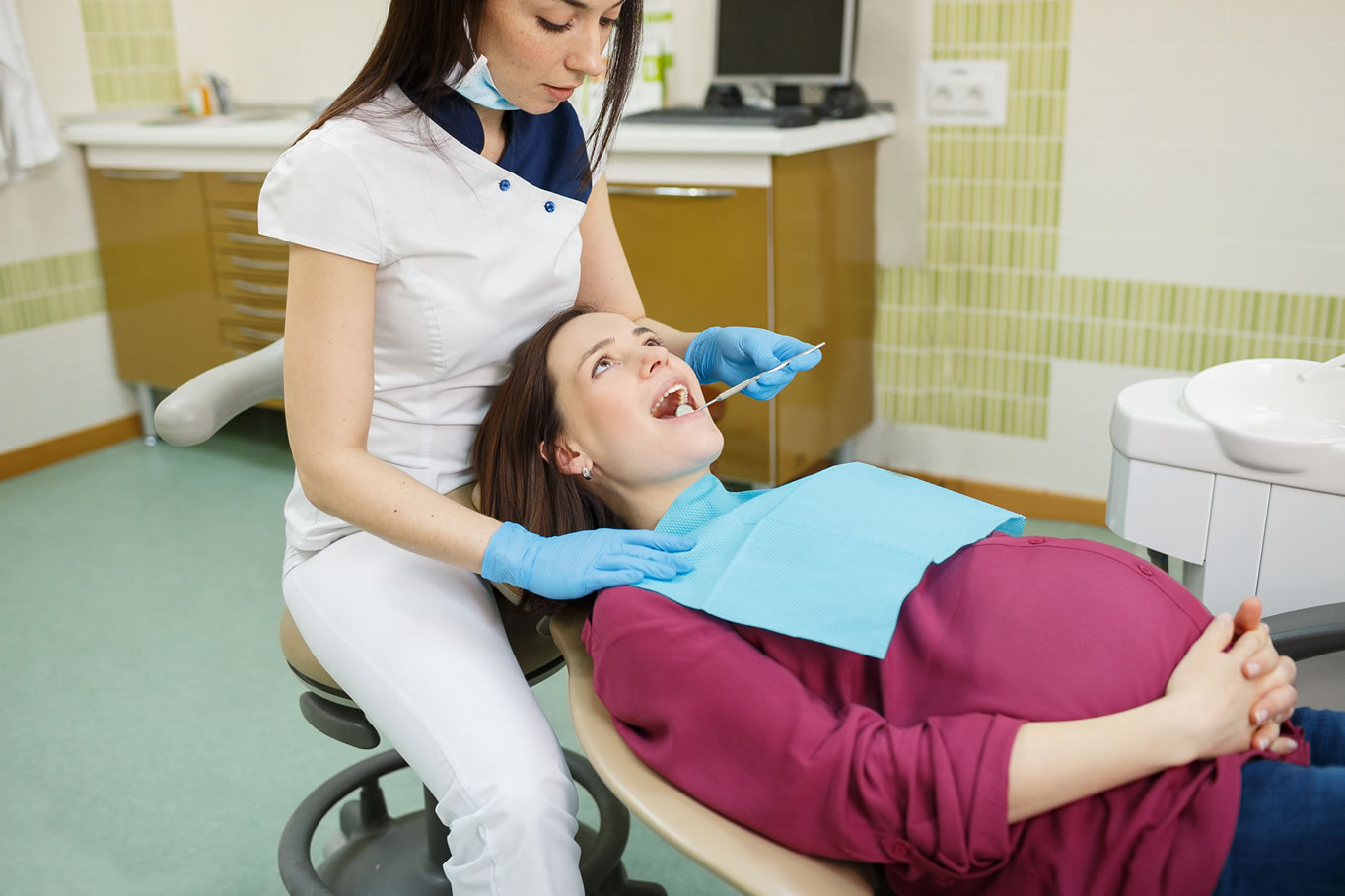
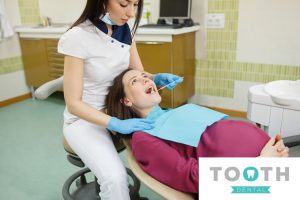 Congratulations, there is so much to organise over the next 9 months. Between doctor’s visits, setting up the nursery and cooing over tiny shoes – it is important to schedule a trip to the dentist, ideally in the second trimester. Which dental treatments are safe when you’re pregnant? Read on to learn more.
Congratulations, there is so much to organise over the next 9 months. Between doctor’s visits, setting up the nursery and cooing over tiny shoes – it is important to schedule a trip to the dentist, ideally in the second trimester. Which dental treatments are safe when you’re pregnant? Read on to learn more. 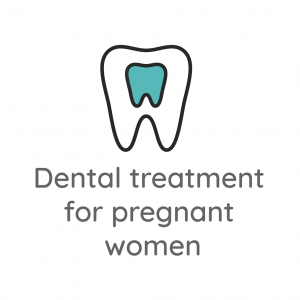 While we tend to postpone routine x-rays during pregnancy, they may be needed for treatment (root canal for example) and are quite safe. Digital Dental x-rays have the lowest radiation of any medical x-ray, and the risk can be further reduced by use of a lead apron. It is far better to get a correct diagnosis and treatment by taking an x-ray, than leave an expecting mother with painful infection in her mouth. An infection may have a greater effect on bubs development than an xray.
While we tend to postpone routine x-rays during pregnancy, they may be needed for treatment (root canal for example) and are quite safe. Digital Dental x-rays have the lowest radiation of any medical x-ray, and the risk can be further reduced by use of a lead apron. It is far better to get a correct diagnosis and treatment by taking an x-ray, than leave an expecting mother with painful infection in her mouth. An infection may have a greater effect on bubs development than an xray.